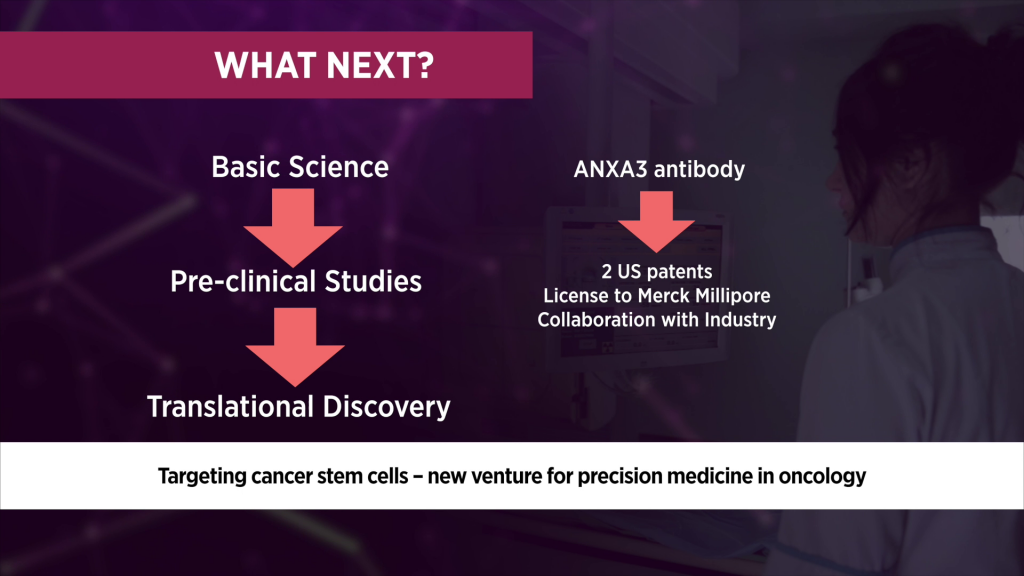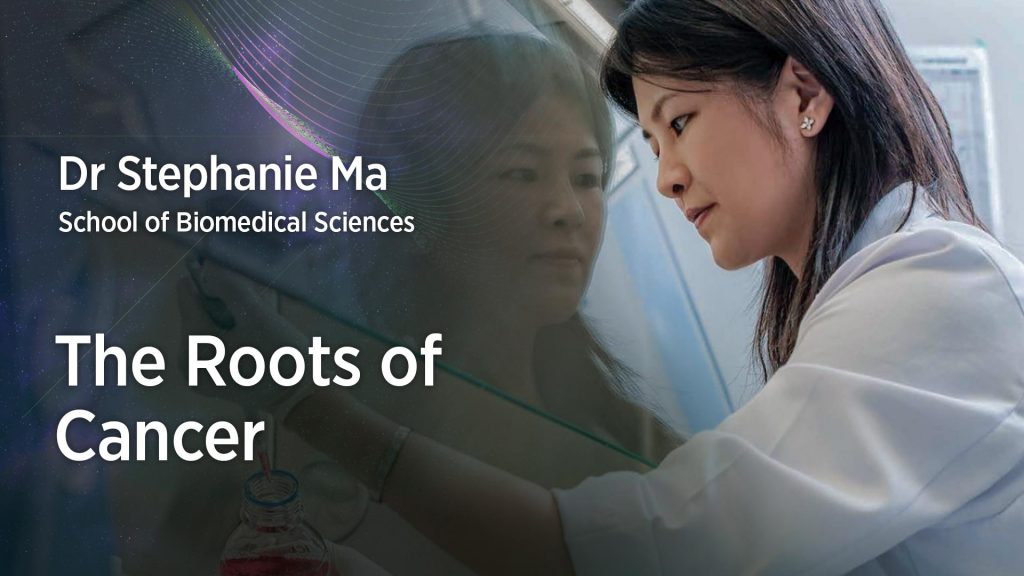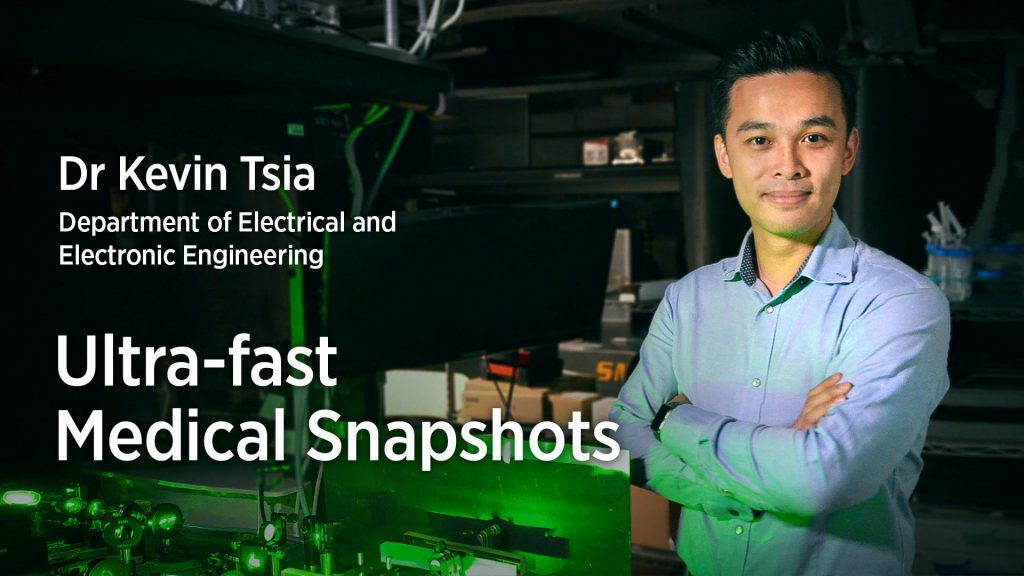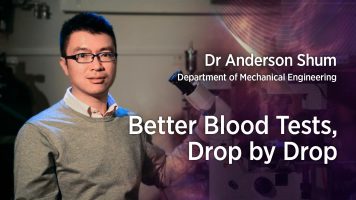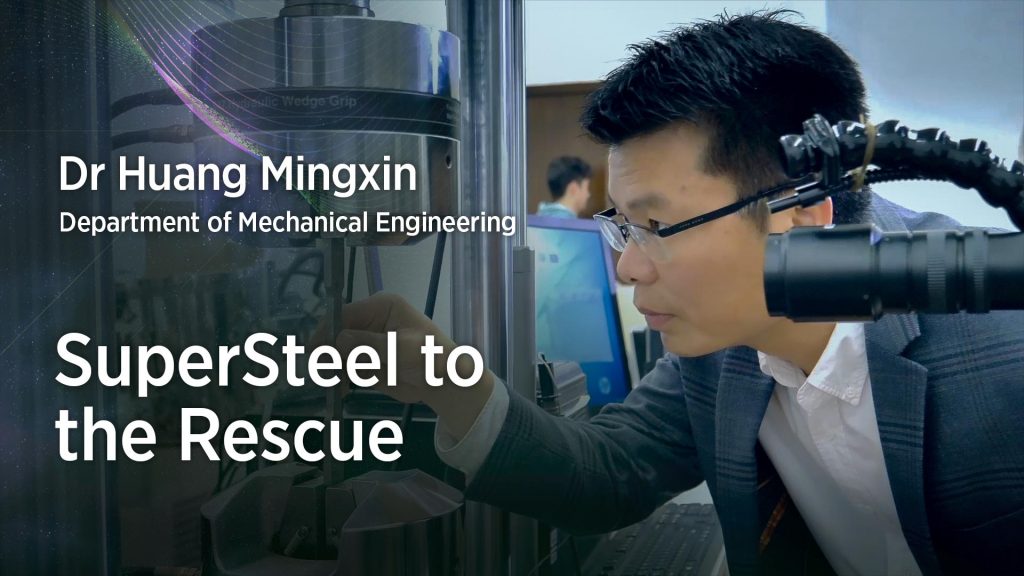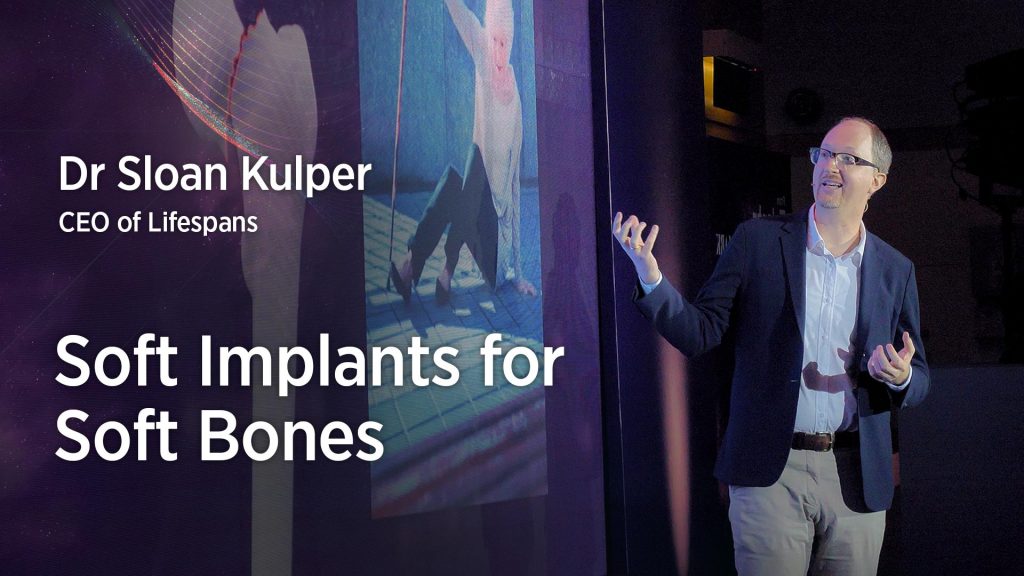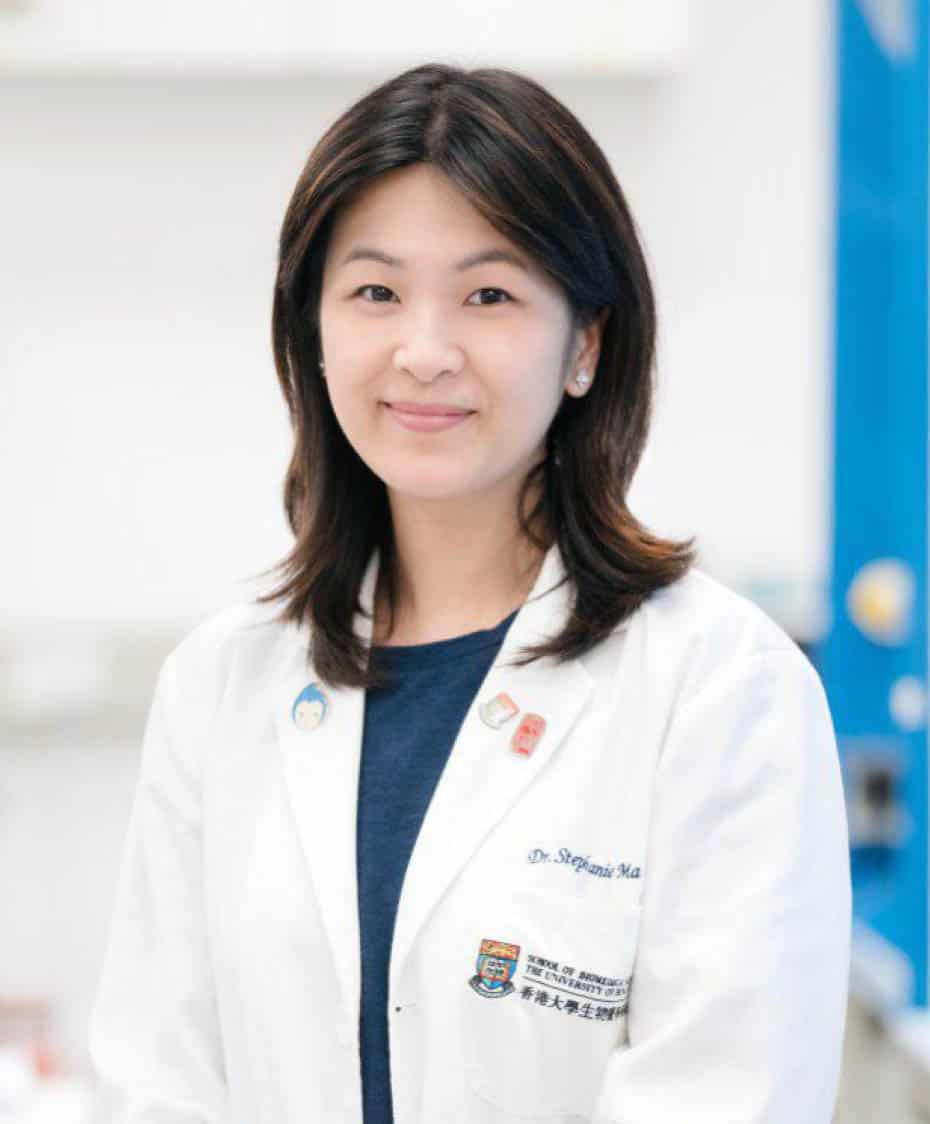The Roots of Cancer
Dr Stephanie Ma 馬桂宜 (HKU PhD 2007)
Associate Professor, School of Biomedical Sciences
Founding Member, The Hong Kong Young Academy of Sciences
For more than a decade, the international medical community has puzzled over the connection between stem cells and cancer – and whether related research can lead to a cure.
Stem cells are often in the news for their potential in regenerative medicine. However, cancer stems cells – or a special subset of cells within cancerous tumours – are different.
Dr Ma, an award-winning young researcher, called these cancer stem cells “the bad guys”. She explained that their ability to self-renew and differentiate – essentially to create copies of themselves or different cell types – makes cancer harder to treat. Cancer stem cells are more resistant to chemotherapy and radiotherapy, and can also lie dormant before causing relapses years later.
“Cancers are like the dandelions in the backyard,” she said. “You can cut the flowers off all you want; but unless you cut off the roots, they can always grow back.” The “roots” of the disease lie with cancer stem cells.
While Dr Ma’s team has researched a variety of cancers, one focus is on hepatocellular carcinoma (HCC). This type of liver cancer has proven resistant to conventional therapies, has a high level of recurrence, and often has a poor prognosis.
Asia is a world leader in liver cancer, with 80% of global cases occurring on the continent. HCC is the third most common cause of cancer-related death in the Asia-Pacific region, according to the US National Institutes of Health. Liver cancer is also the third leading cause of cancer deaths in Hong Kong, according to the Government’s Centre for Health Protection.
“Cancer affects most of us, including myself, through family and friends,” Dr Ma said. “It has always been a subject I’ve taken close to heart.”
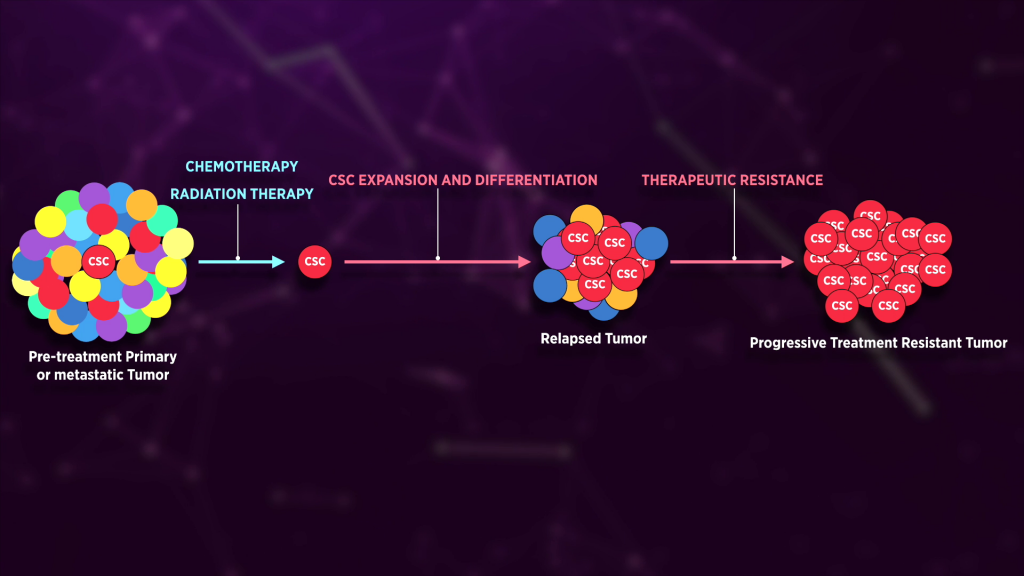
What next?
Dr Ma’s team have identified markers of liver cancer stem cells, and using a multi-disciplinary approach, in collaboration with both basic scientists and clinicians, have been investigating what makes these cells more “stem-like” and resistant to treatment. The ultimate goal is to develop new treatments targeted at cancer stemness and to translate the biomedical discoveries of her lab into better patient care in the clinic.
